১০ ফাল্গুন ১৪৩২
Trump Finalizes Tariffs for 12 Countries, Uncertainty Over Bangladesh's Inclusion
05 July 2025 22:07 PM
NEWS DESK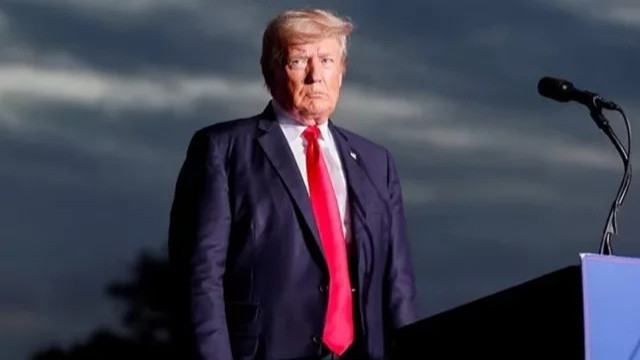
U.S. President Donald Trump has announced that he has finalized tariff rates for 12 countries, determining how much duty will be imposed on goods exported from those nations to the United States. Trump stated that he has signed the prepared letters and they will be sent out on Monday. However, it remains unclear whether Bangladesh is among the countries on the list.
According to a report by Reuters, Trump shared the news while speaking to reporters aboard Air Force One on Friday, before departing for New Jersey. While he confirmed that letters would be sent to 12 countries, he did not disclose their names. “More details will be released on Monday,” he said.
Earlier on Thursday, Trump had told reporters that the first batch of letters would be sent out on Friday. However, due to a national holiday in the U.S. on Friday, the date was pushed back.
The global trade war has caused significant volatility in financial markets, with policymakers in many countries struggling to protect their economies. In April, Trump had announced a base tariff of 10% on goods from most countries. He also warned that tariffs for certain nations could rise as high as 50%.
Previously, tariffs above 10% were postponed for 90 days to allow time for negotiations. This window ends on July 9. However, in a statement early Friday morning, Trump said the tariff rates could rise even further—up to 70% in some cases. Most of the new tariffs are expected to take effect starting August 1.
"I've signed some letters. They’ll be sent Monday—probably 12 of them—with varying tariff rates," Trump said.
Initially, Trump and his top advisors emphasized negotiations with various countries regarding trade and tariffs. But after repeated failures in talks with major partners like Japan and the European Union, the administration appears to have shifted strategy.
“Sending letters is much easier... better than negotiating,” Trump remarked Friday night, signaling a clear shift from previous hopes of reaching broad trade agreements before the July 9 deadline.
Analysts say the shift in White House strategy stems from the difficulty of concluding complex trade deals—especially those involving non-tariff barriers like restrictions on agricultural imports—within a short time frame. Most trade agreements typically take years to finalize.
So far, the U.S. has only reached agreements with two countries. Under a deal made with the UK in May, the 10% base tariff will remain in place, but Britain will receive certain benefits in sectors like automobiles and aircraft engines. The agreement with Vietnam will lower tariffs on many Vietnamese exports from 46% to 20%, and allow U.S. goods to enter Vietnam duty-free in several categories.
Talks with India, which had appeared promising, ultimately failed. On Friday, EU diplomats confirmed that negotiations with the Trump administration had not succeeded. They are now focusing on maintaining the status quo to avoid the risk of further tariff hikes.





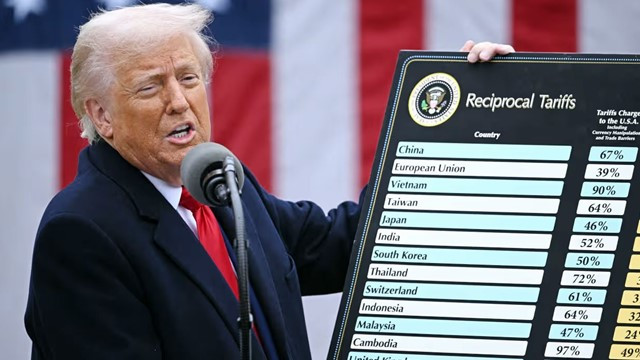
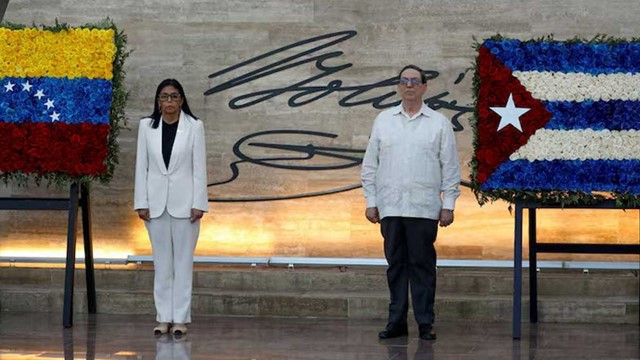
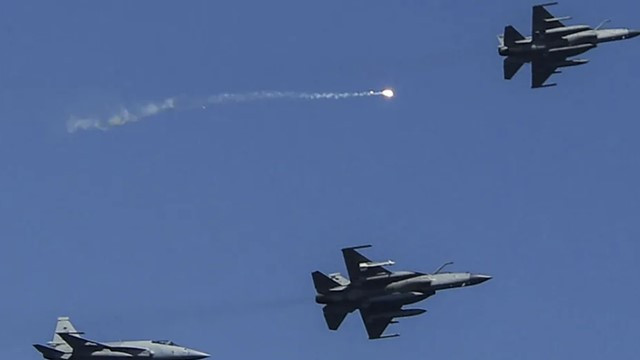
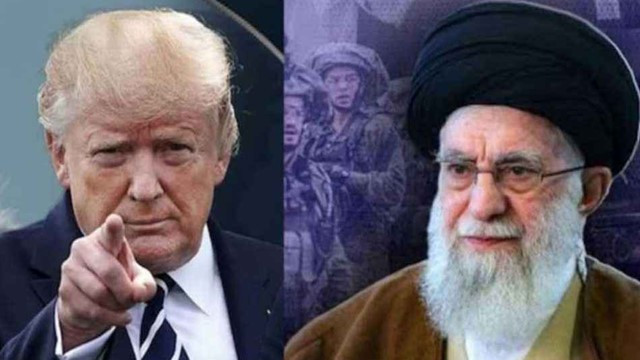
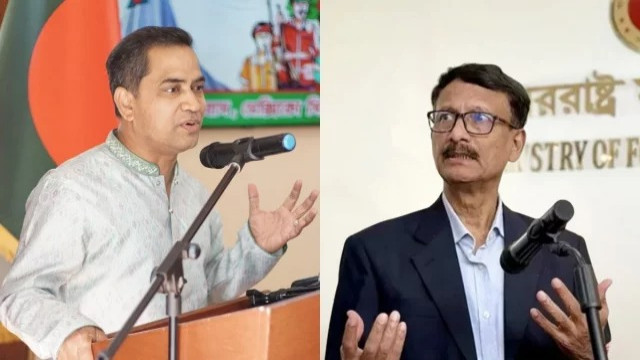
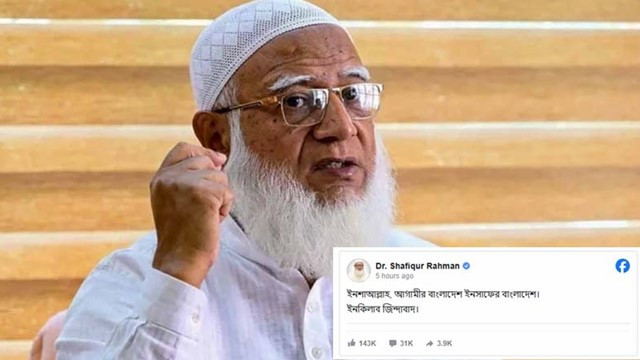
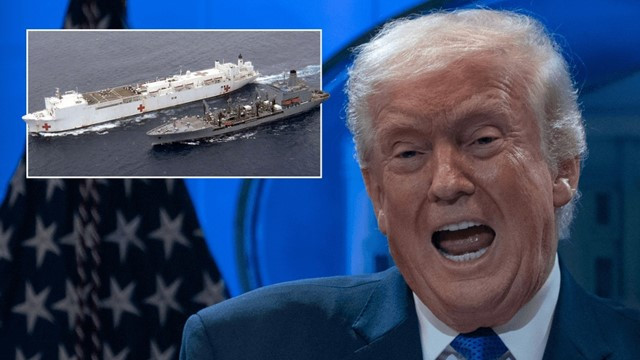
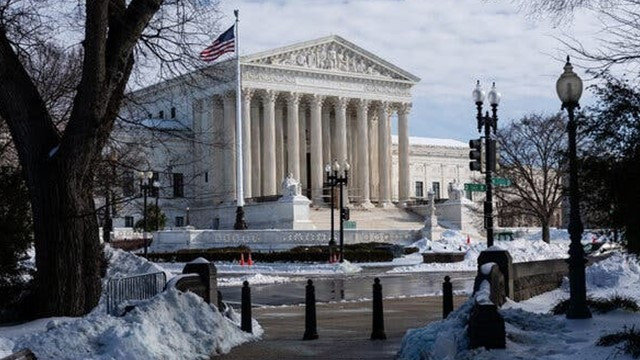
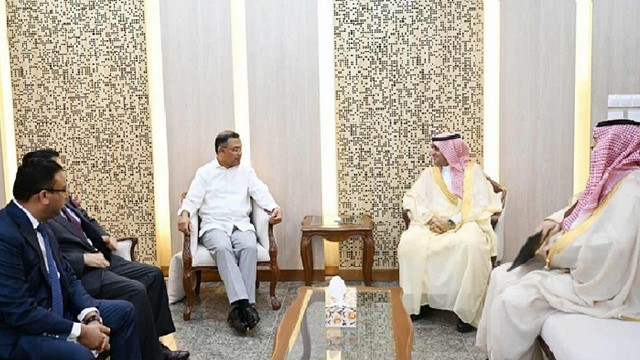
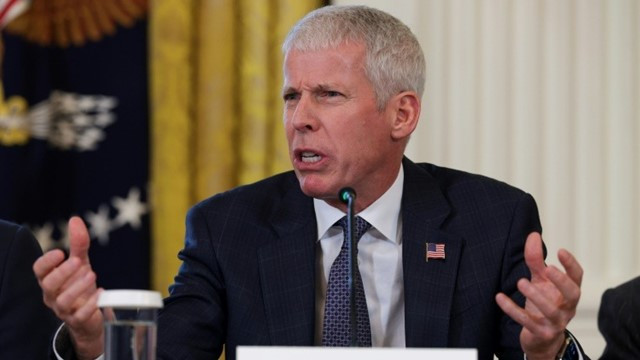

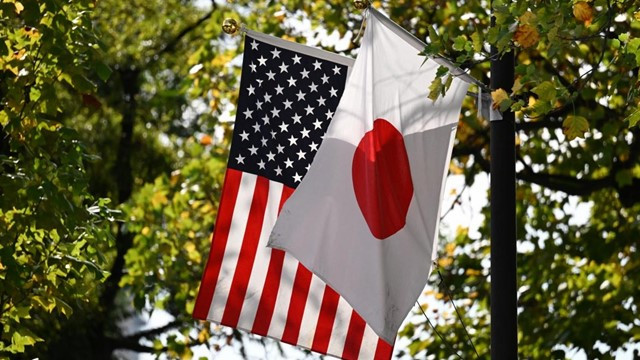
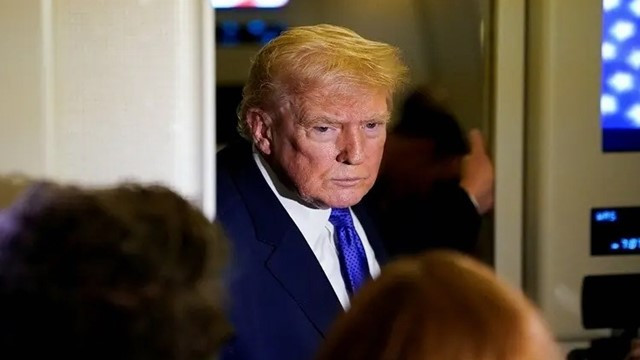
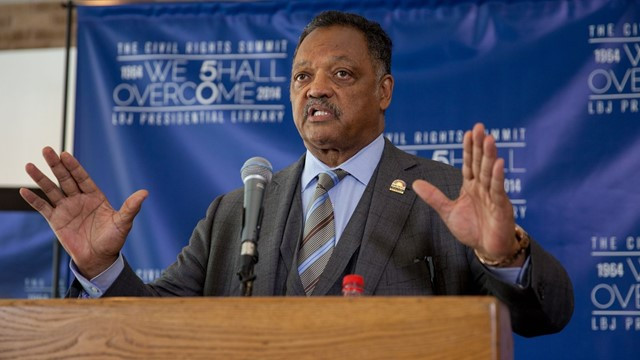
Comments Here: